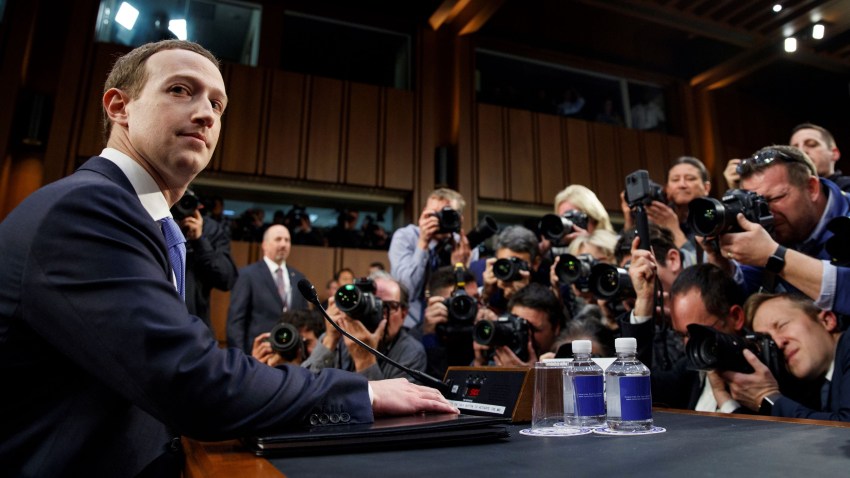Who rules the world? In discussions of international politics, the focus is often on national governments and their representatives. We speak of the leaders of nations holding summits. We debate the dysfunction of the United Nations Security Council. We talk about “polarity” and count the number of major global powers.
But are such discussions missing the larger picture—that the era of nation-states’ primacy in the global order is coming to an end? Rather than U.S. policymakers concerning themselves with China’s rise or policymakers in Beijing chafing against U.S. efforts to restrain China, should both Washington and Beijing instead be worried about Jeff Bezos, Elon Musk, Mark Zuckerberg, Jack Ma and other “captains” of modern-day industry? In other words, will the future of global power be a story of corporations, not countries?
It’s not uncommon to see claims that many corporations are “colossal” relative to smaller countries. Or consider the argument of Ian Bremmer, head of the prominent geopolitical risk consultancy, Eurasia Group. In a Foreign Affairs article from 2021 and a recent Ted Talk, Bremmer argued that companies, and particularly tech companies, are becoming the dominant players on the world stage. “States have been the primary actors in global affairs for nearly 400 years,” he wrote in Foreign Affairs. “That is starting to change, as a handful of large technology companies such as Amazon, Meta, or Alibaba rival them for geopolitical influence.” These corporations, he argued, will soon outgrow the control of governments and create a “digital order” that will rival and perhaps even surpass the security and economic orders run by nation-states.

